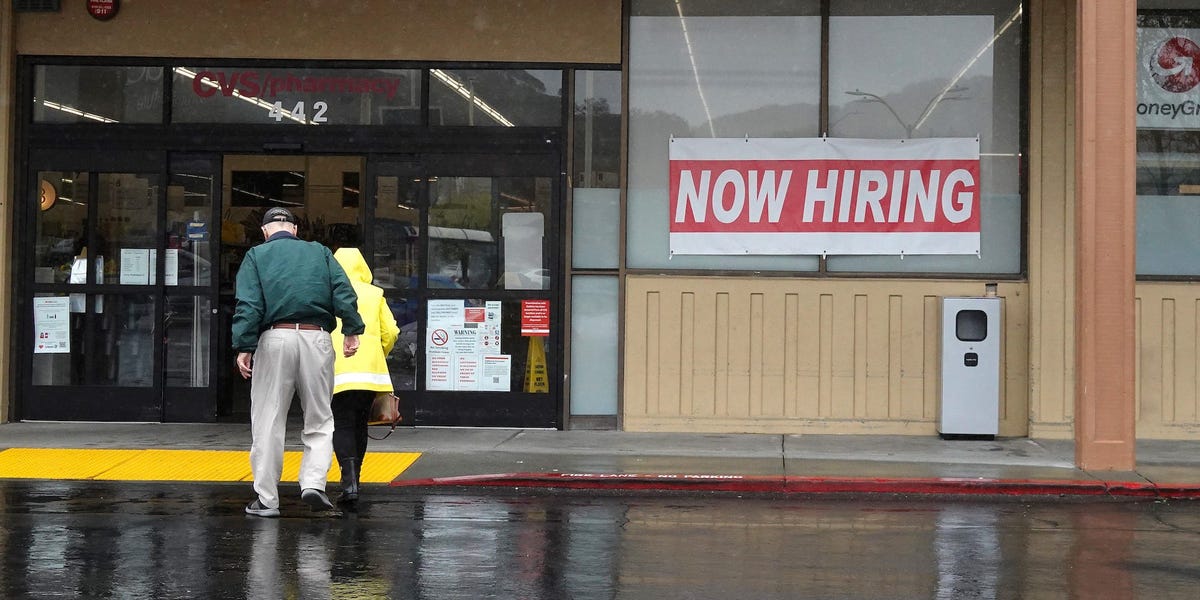- The Federal Reserve’s aggressive tightening campaign might not be over just yet.
- Wages are still rising fast – and that could push inflation back up.
- The central bank will need to see more “signs that labor market conditions are loosening,” governor Michelle Bowman said Saturday.
Strong labor market data last week has given investors cause to believe that the Federal Reserve, which has raised interest rates from near-zero to over 5% over the past year-and-a-half, might not be done tightening just yet.
Around 30% of traders expect further rate hikes by December, according to CME Group’s Fedwatch tool – a sign that the central bank is likely to be a source of stock-market uncertainty over the rest of 2023.
Chair Jerome Powell signaled the central bank might be done lifting borrowing costs at a snooze of a Fed meeting last month, pledging to shift to a “data-dependent approach” to monetary policy.
But governor Michelle Bowman pushed back on Saturday, saying that additional hikes would probably be needed to bring inflation in line with the central bank’s 2% target.
The Fed will have to see “consistent evidence that inflation is on a meaningful path down toward our 2% goal” and “signs that labor market conditions are loosening” before it rules out more tightening, she told the Kansas Bankers Association.
Bowman flagged the labor market the same week a fresh batch of jobs data signaled the Fed might have more work to do to stop another flare-up in prices.
Friday’s Non-Farm Payrolls report showed job growth slowing but average US hourly earnings rising 4.4% in July, with some economists worried wage growth could boost consumer spending and push inflation back up.
Unemployment has also held firm at a multi-decade low of just 3.5% – and Powell himself has previously signaled the labor market’s surprising resilience in the face of the Fed’s aggressive tightening campaign could embolden it to bring in further rate hikes.
None of the data means more tightening suddenly becomes guaranteed – but it does raise the possibility of further rate hikes, which tend to weigh on stocks because people can find better returns parking their cash in a savings account rather than investing it.
“The recent jobs data is more or less in agreement with anecdotal evidence that a softening in the labor market is underway,” UBS Global Wealth Management CIO Mark Haefele said in a note to clients Monday.
“But elements of resilience in the jobs market mean that investors cannot yet take an end to rate hikes for granted,” he added.




